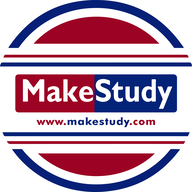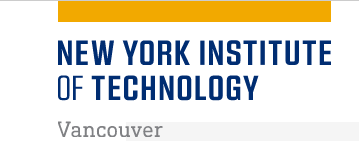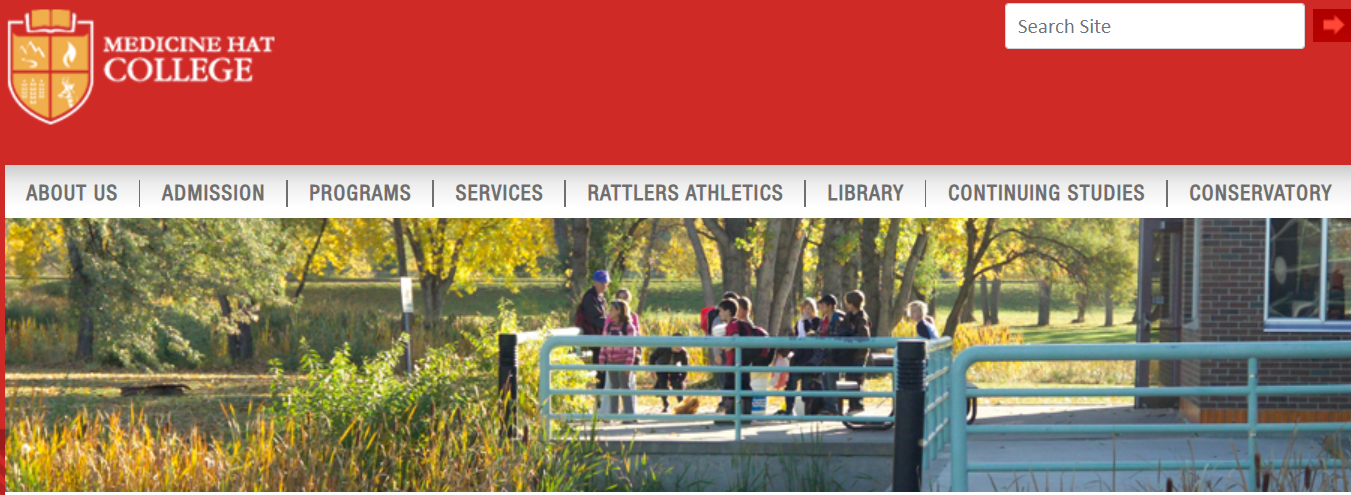Why study in USA?
The first step to studying in the United States is researching your options to find a college or university that best fits your needs. You shouldn't try to match yourself to the school, but rather find the school that matches you and your priorities and long-term goals. Remember that no official ranking system exists for colleges and universities in the United States. The best college or university is the one that is best for you and meets your requirements—academic, financial, and personal
At least 12 to 18 months prior to the academic year in which you hope to attend a U.S. college or university, you should begin your research. Start by answering these basic questions and looking at the more specific 'define your priorities' pages under each level of study in this section:
- Why do you want to study in the United States?
- Where will you fit in best?
- Which colleges or universities will meet your needs?
- Will you need financial assistance?
- What are the application and financial aid deadlines?
- Where do you want to live in the United States?
Invest in yourself! The cost of living and studying varies across the United States. With the right amount of planning and research, pursuing a U.S. higher education can be made affordable with high returns on your investment.
The United States government offers three student visa types including F, J, and M.
- F Student Visa: for study at an accredited U.S. college or university or to study English at an English language institute
- J Exchange Visa: for participation in an exchange program, including high school and university study
- M Student Visa: for non-academic or vocational study or training in the United States
Before you can apply for an F, J, or M student visa, you must first apply and be accepted by a U.S. institution of higher education that is certified by the Student Exchange and Visitor Program (SEVP).
Even when an institution is SEVP-certified and able to issue I-20 and DS-2019 forms for use in visa applications, it may not hold national or regional accreditation.
Once accepted at an SEVP-certified school, you will receive a Form I-20 or DS-2019 from the institution's international student office to present when you apply for your student visa.
WHY STUDY IN USA?
- Affordable Education
- Diversity and Flexibility
- Outstanding support system for overseas students
- Healthy and Safe Communities
- Access to internships
- Exciting Campus Lifestyle
The US boasts of some of the finest universities, a lot of which consistently rank in the world university rankings. American institutions are also known to have high academic standards, follow rigorous practices to maintain quality and are well-supported to be able to offer excellent education to its students. American universities understand the struggles of international students and therefore conduct regular orientation programs, workshops and training to offer assistance. The US is a melting pot of different cultures, races and ethnicities. Its diverse environment ensures that there is acceptance among all communities and there is no room for any sort of discrimination. You’ll be learning with students from different regions of the world thereby making it a rich and stimulating education experience.
INTAKES IN THE USA
US universities have 3 intakes.
Students have the option of choosing the term of their study from three main flexible intakes, Spring (January), Fall (September) and Summer (May) when they study in USA.
Intake 1: Fall Semester – It commences in August/September and is the major intake.
Intake 2: Spring Semester – It commences in January/February intake is also available.
Intake 3: Summer Semester – It commences in May/June and is available for selected Courses.
Eligibility requirements for students in US universities:
Student Applicant
- Students must be over 18 years of age.
- International students can work on-campus up to 20 hours/week or less during the academic terms and full-time during the academic break periods including the summertime.
- Off-campus employment requires some form of written or documented authorization issued by either the USCIS or OISS.
- You must be currently in legal status and have been enrolled as a student on a F-1 student visa in the US for a minimum of one academic year to be eligible for any form of off-campus employment.
US Student Visa Requirements (F1 Visa)
You will generally need the following for your US Student Visa application for US universities:
- A valid passport with a validity date at least six months beyond your period of stay.
- Recent passport size photograph.
- Confirmation page of DS-160.
- Form I -20.
- Payment of application fees for SEVIS.
- Application as a non-immigrant.
- Your University will make you aware of additional requirements if any prior to your application.
Student Dependent Visa
The student dependent visa is called the F2 Visa. The F2 visa is a non-immigrant dependent visa where the immediate family members of the F1 student visa holders can come to the US. Dependents include the spouse and unmarried children under the age of 21 of the individual who is studying in US.
Eligibility conditions for the F2 visa
- Must be the spouse of an F1 student visa holder.
- Must be the dependent child (under 21 years and unmarried) of an F1 visa holder.
- Applicant must have enough financial resources to support the family in the US
F2 visa requirements
- Passport (both original and photocopies)
- Visa application confirmation (DS-160)
- A photograph conforming to U.S. visa rules
- Birth certificate for dependent children
- Marriage certificate for spouses
- Visa fee payment receipt
- Applicant’s I-20 form
- Copy of F1 visa holder’s I-20 form
- Applicant’s bank statements, tax records, and employment documents as proof of financial stability







